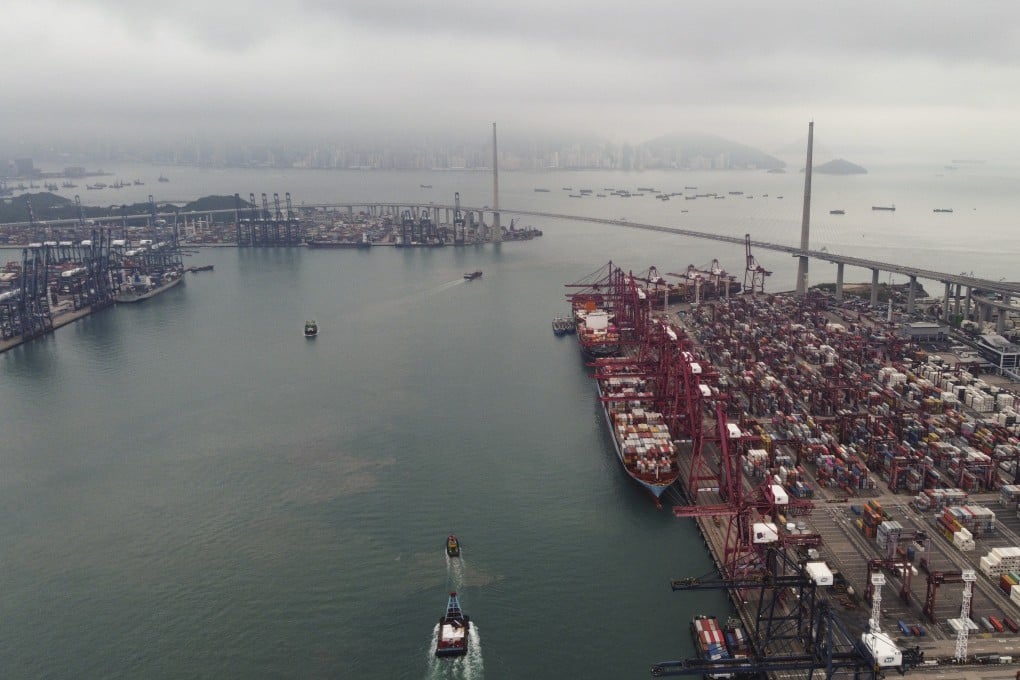Advertisement
The View | To remain a key player in global logistics, Hong Kong must adapt and cooperate with neighbours
- Despite supply chain chaos, geopolitical tensions and rising competition, Hong Kong can still thrive in an evolving regional economy
- Improving infrastructure connectivity and adopting smart technology can help the city hold onto its position as a leading trade and finance hub
Reading Time:3 minutes
Why you can trust SCMP
3

While the blockage of the Suez Canal by the stranded cargo ship Ever Given last year cost billions of dollars of trade, the impact of global supply chain disruptions was perhaps more strongly felt in Hong Kong when McDonald’s replaced its hash browns with cups of sweetcorn and suspended sales of McWings.
As a global city, Hong Kong’s identity has been largely defined by logistics, having played a key role in the growth of regional and global production networks. At the same time, the city is very sensitive to slight hiccups in the global economy.
In recent years, however, Hong Kong’s role in global logistics has become more precarious. Although the city was still ranked at No 4 in the 2021 Xinhua-Baltic International Shipping Centre Development Index, it has not only fallen increasingly behind Shanghai and Singapore but also been overtaken by Ningbo-Zhoushan, Shenzhen, Guangzhou, Busan and Qingdao in container traffic.
Advertisement
The pandemic and the global supply chain disruptions have put further pressure on Hong Kong’s businesses. As we begin 2022, Hong Kong will continue to grapple with the challenges of the ongoing pandemic, geopolitical uncertainty, China’s economic transition and growing regional competition.
Nonetheless, Hong Kong has every chance of succeeding in consolidating its position as a regional logistics hub by adapting to an increasingly regionalised economic order, enhancing the city’s capacity and connectivity, and further promoting its world-class legal and financial services.
Advertisement
In 2022, plans for regional economic integration will gain momentum. The 15-member Regional Comprehensive Economic Partnership (RCEP) took effect on January 1.
Advertisement
Select Voice
Choose your listening speed
Get through articles 2x faster
1.25x
250 WPM
Slow
Average
Fast
1.25x

